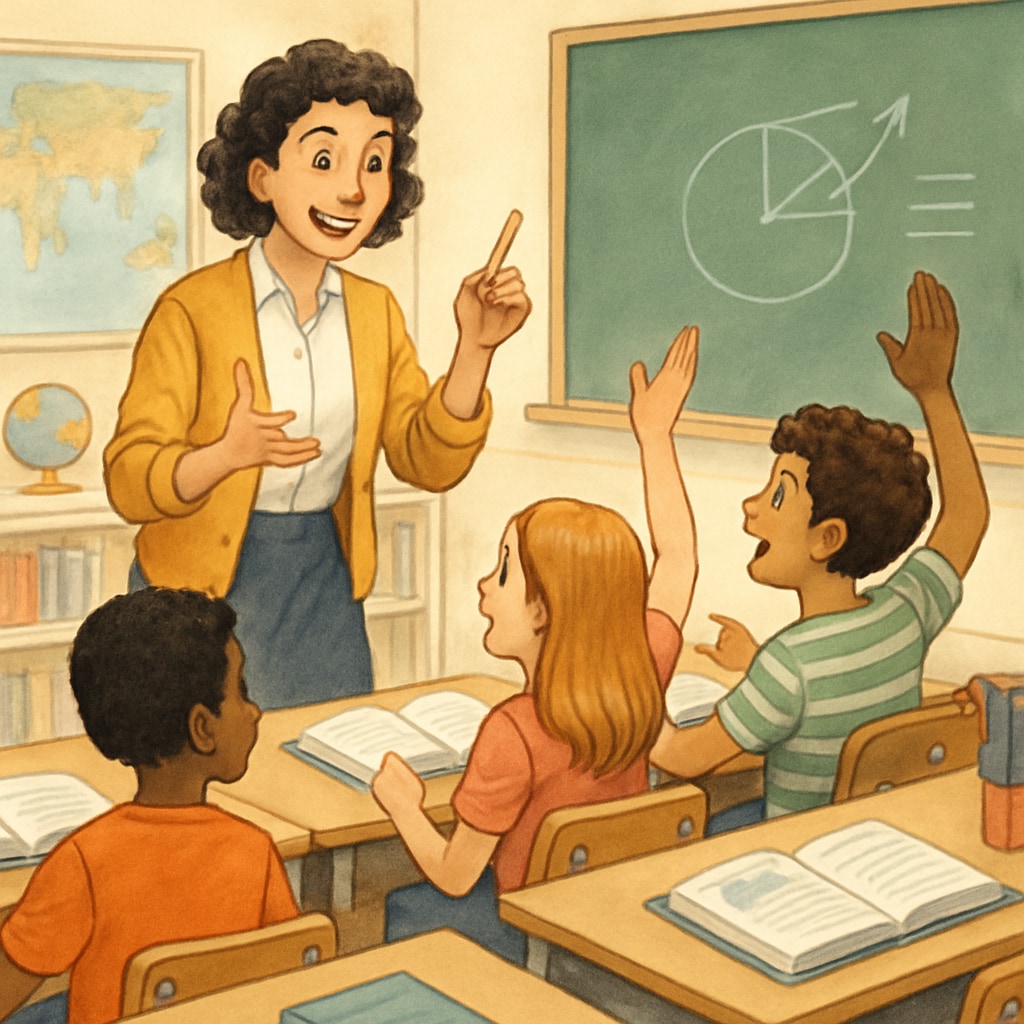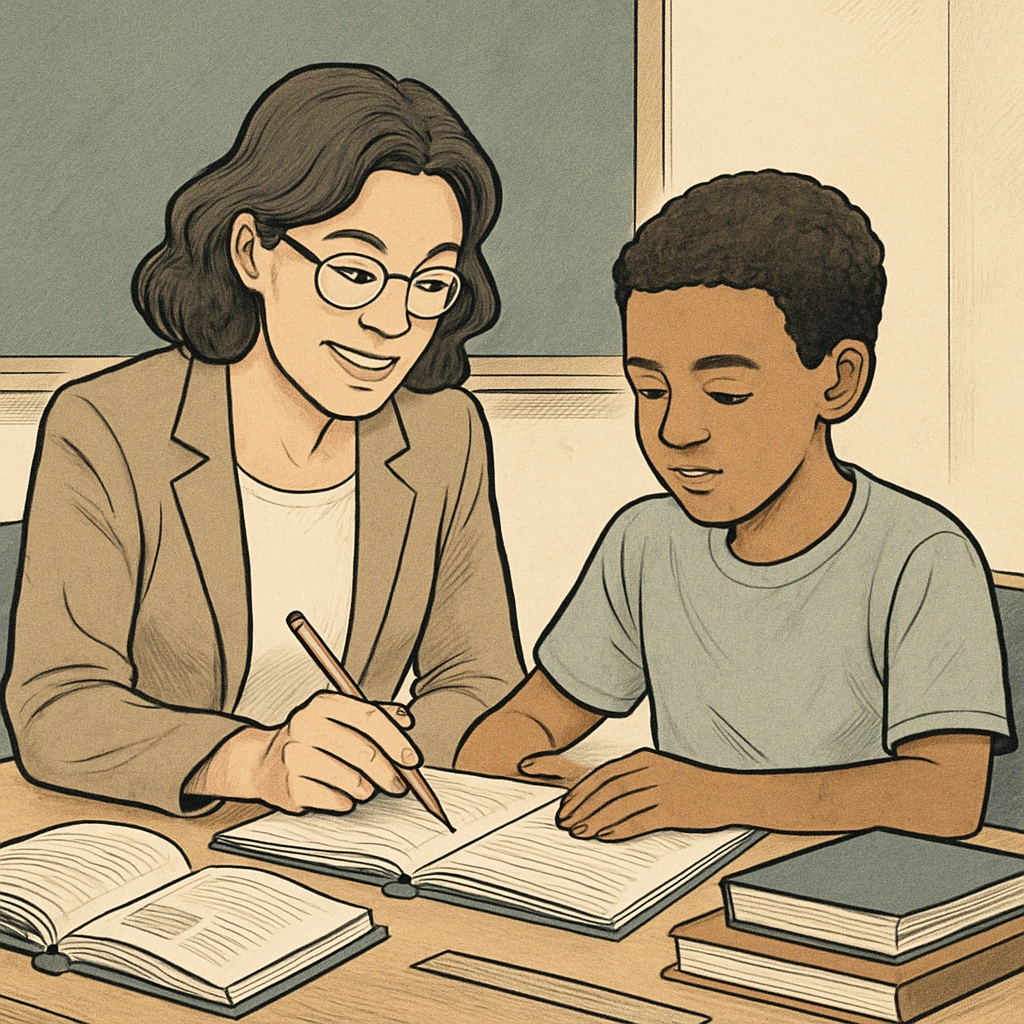In the pursuit of excellence, educators often face the challenge of balancing rigorous teaching methods with the emotional and psychological well-being of students. This ethical dilemma comes to life in the film Whiplash, where a young drummer is pushed to his limits by an unforgiving mentor. The story raises important questions about how far educators should go to achieve greatness. In this article, we explore these questions, focusing on K12 education and the need for an equilibrium between rigorous methods, extreme pressure, and student well-being.

Rigor in Education: A Double-Edged Sword
Rigorous education methods, often characterized by high expectations and strict discipline, aim to push students toward their full potential. Proponents of this approach argue that extreme pressure builds resilience, discipline, and a strong work ethic. Examples abound in history, from elite athletic training to prestigious academic programs. However, as Whiplash demonstrates, these methods can blur the line between motivation and harm.
While some students thrive under intense pressure, others may experience burnout, anxiety, or even long-term psychological damage. Research by the Encyclopedia Britannica has shown that overly strict teaching can stifle creativity and lead to disengagement. Therefore, educators must consider the long-term impact of their methods, not just the immediate results.
Finding the Ethical Balance
How can educators strike a balance between rigor and care? The answer lies in adopting a holistic approach to teaching. This involves considering not only academic achievement but also the emotional and mental well-being of students. For example, fostering an environment that encourages open communication and mutual respect can help students feel supported while striving for excellence.
Moreover, incorporating individualized teaching methods can address diverse student needs. According to the Wikipedia article on education, personalized learning plans can help students achieve their goals without feeling overwhelmed. This approach reduces the risk of unnecessary pressure while maintaining high standards of achievement.

Lessons from Whiplash: What K12 Educators Can Learn
The film Whiplash serves as a cautionary tale for educators. While the protagonist achieves technical mastery, his journey comes at a significant emotional cost. This serves as a reminder that the ultimate goal of education is not just to create high achievers but also well-rounded individuals who can thrive in all aspects of life.
To achieve this, educators can adopt strategies such as:
- Setting realistic yet challenging goals for students.
- Encouraging resilience through positive reinforcement rather than fear.
- Providing mental health resources and support systems within schools.
By implementing these practices, educators can help students reach their potential without compromising their well-being.
Conclusion: Excellence Without Sacrifice
The ethical dilemma of balancing rigorous education methods with care for student well-being is one of the most pressing issues in K12 education today. While extreme pressure can lead to remarkable achievements, it also carries significant risks. The key lies in creating an environment where students feel supported and inspired to excel, rather than overwhelmed and defeated.
As the story of Whiplash illustrates, the pursuit of excellence should never come at the expense of a student’s mental or emotional health. By prioritizing both achievement and well-being, educators can foster a new generation of individuals who are not only accomplished but also resilient, creative, and fulfilled.
Readability guidance: This article uses clear, concise language and short paragraphs to enhance readability. The use of external links, images, and lists ensures a well-structured and engaging reading experience.


